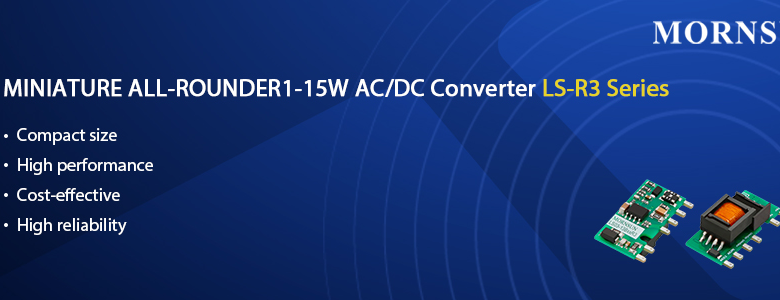What Does It Mean To Ac To Dc Converter Power Supply?

“AC to DC converter power supply” refers to the component that converts direct current (DC voltage) to alternating current (AC voltage)(DC voltage).
Why do you need to use AC/DC converters?
The safe voltage used in industry is under 36 volts. According to the electric safety code provisions, the safety voltage of a public place is 36 V, [especially wet or metal container] safety voltage can not be higher than 12 V. However, most of the equipment you use runs at a DC voltage of 5V or 3.3V. In other words, if you don’t change the AC voltage of an appliance to the DC voltage, it won’t work properly.
Ac voltage is converted to DC voltage.
Electric motors and light bulbs are two devices that can be powered by alternating current voltage. However, since the bulb also becomes an energy efficient led when the motor is connected to the control circuit of the microcontroller, ACDC conversion is required.
What is the purpose of transmitting AC voltage?
One might wonder, “If the device uses DC, then why not transfer DC first?” As is known to all, electricity can come from various sources, including hydroelectric power stations, thermal power stations, nuclear power stations, and so on. These power stations are often located in mountainous or coastal areas because generating AC voltage from these terrains is more efficient.
By transmitting the AC voltage in a high-voltage, low-current manner, the transmission loss equivalent to the energy loss can be reduced.
However, in real industry, high voltage cannot be used directly; Therefore, voltage conversion, also known as step-down, must be done in stages by several substations and converted to 100V or 200V before entering the home. This process occurs because high voltages cannot be used directly. Ac voltage is also transmitted during these conversions because AC voltage is the simpler of the two.
If you are interested in more information, please get in touch with the Mornsun staff; We’d be happy to answer any questions you have!





